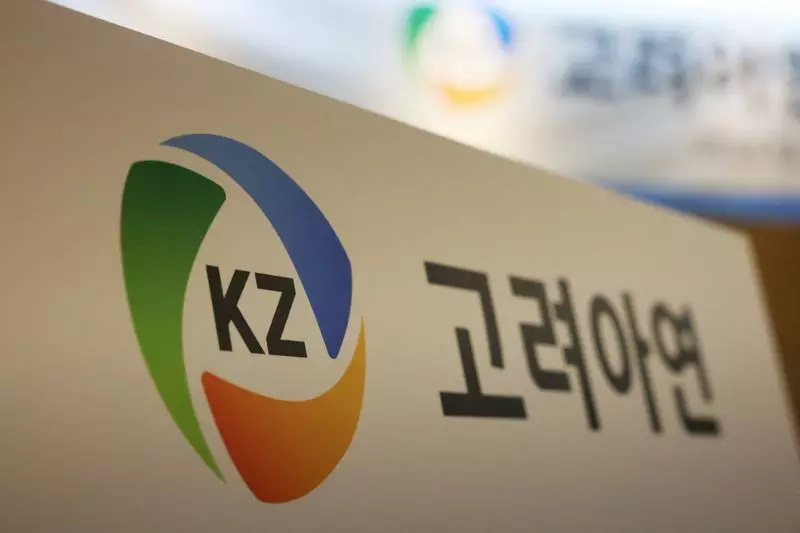On October 30, Korea Zinc unveiled an ambitious plan to issue new shares valued at approximately $1.8 billion. This announcement, however, has taken an unexpected turn as the South Korean financial regulator intervened to halt the proceedings regarding this capital raise. The sudden suspension underlines the increased scrutiny companies face within the volatile realm of stock markets and highlights the intricate balance between corporate strategies and regulatory compliance.
The decision by the Financial Supervisory Service (FSS) to suspend the share sale was influenced by a series of deficiencies identified in Korea Zinc’s submission. Key issues included inadequate explanations surrounding the purpose of the share issuance, insufficient detail on the decision-making apparatus, and concerns regarding the due diligence enforced by the bookrunner. Moreover, discrepancies were noted in relation to prior filings, hinting at potential lapses in the company’s communication and record-keeping. These revelations necessitated a thorough investigation by the FSS, fostering an environment of uncertainty for investors and stakeholders alike.
The ramifications of the announcement were immediate. Following the news of the suspension, Korea Zinc’s share price plummeted by as much as 8%, wiping out any pre-existing gains. Such a reaction underscores a prevalent sentiment in financial markets: that regulatory complications can lead to pronounced volatility and diminished investor confidence. In this case, the swift decline demonstrates how quickly perceptions can shift following news that signals potential mismanagement or ethical concerns within a major corporation.
In a bid to mitigate the backlash from the FSS’s findings, a spokesperson for Korea Zinc asserted that the regulator’s concerns were misplaced and characterized them as “completely unfounded.” This defensive posture reveals a rather common tactic employed by firms facing scrutiny; rather than conceding to potential flaws, companies often seek to rally their stakeholders with rebuttals and assurances. Korea Zinc’s additional commitment to resolving market confusion indicates an understanding that rebuilding trust will require transparency and proactive communication in the future.
Compounding these issues are internal disputes within Korea Zinc, as the Choi family faces off against the co-founding Chang family. Such power struggles add layers of complexity to how the company is perceived externally, especially amid attempts to solidify control over the $18 billion zinc enterprise. Investors often factor in the stability of leadership when considering stock purchases, and ongoing familial strife may deter potential buyers while simultaneously fueling speculation.
As Korea Zinc navigates through these turbulent waters, its ability to effectively revise and present a clearer, more detailed share sale plan will be critical. With a three-month window granted by regulators to address these deficiencies, the company finds itself at a crossroads. Emphasizing transparent communication with both regulators and the market will be paramount for Korea Zinc to restore confidence and ensure that its future endeavors do not fall victim to further regulatory hurdles. The coming months will not only shape the company’s financial landscape but will also serve as a litmus test for its commitment to ethical practices and corporate governance.

